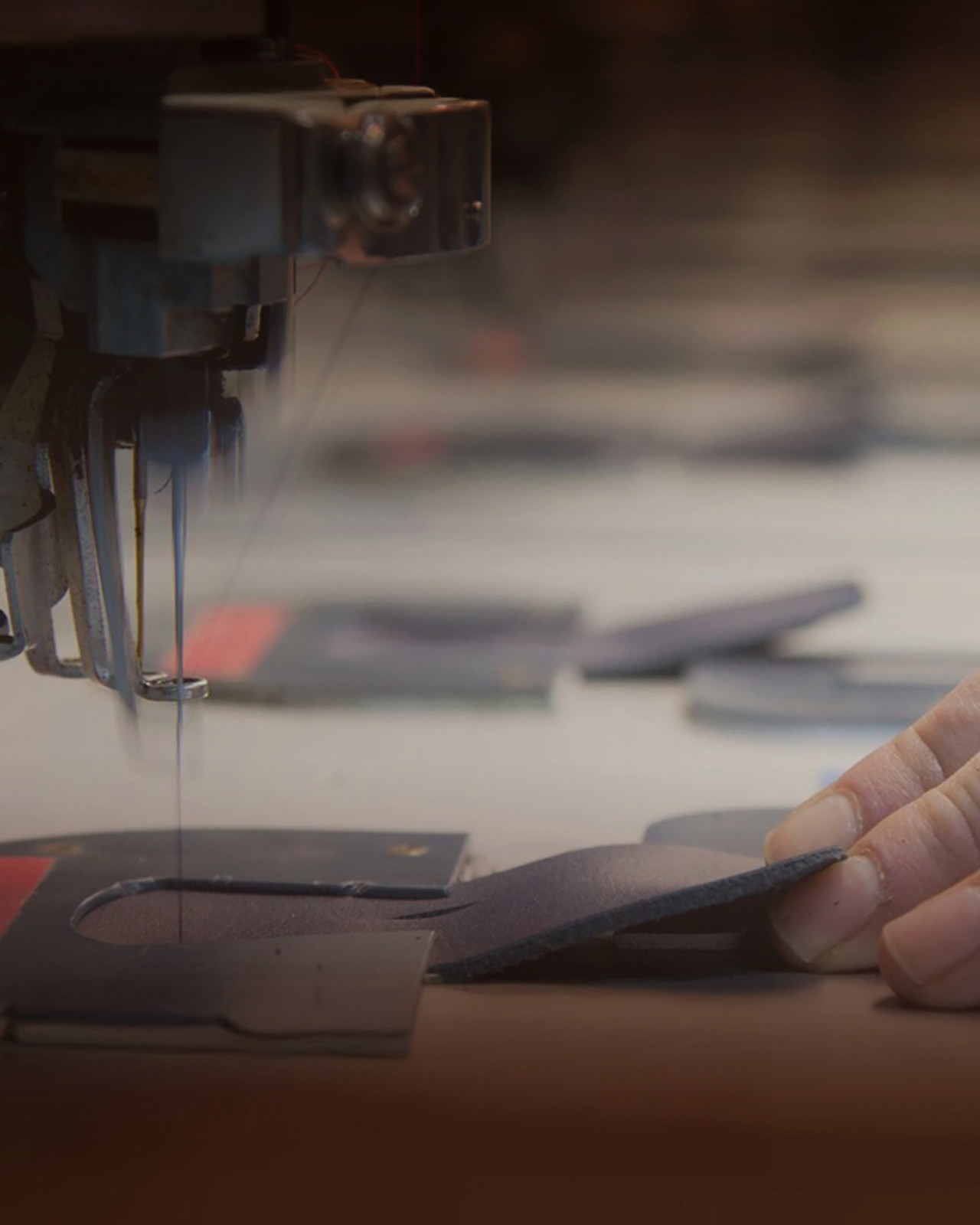
2025: a turning point for Italian digital commerce
According to Netcomm, the past year has led to radical changes in Italian trade, which will inevitably impact 2026 and beyond.
Keep reading...
August 2025

The scenario that emerged from the KPMG and Assocalzaturifici study outlines the roadmap for transforming the sector with the ‘Italy 2030 Plan’.
According to the study, the Italian sector has gone through alternating phases: after growing by +0.4% in the period 2019-2023, it recorded a significant contraction of -9.4% in 2023-2024. However, historical analysis of the last 160 years (1861-2022) shows the extraordinary resilience of Made in Italy, which has been able to overcome global crises and momentous economic transformations.
The survey highlights a fundamental paradigm shift: uncertainty should not be seen as a limitation, but as a competitive advantage. According to the analysis, it becomes a limitation when a company is too dependent on a single market, lacks risk plans or diversified supply chains, or when human capital is unable to recognise the signs of change.
It becomes an advantage when the company invests in resilience through diversified markets and smart inventories, exploits flexibility and creativity, distinctive features of the Italian model, and uses uncertainty to enhance the reliability of Made in Italy compared to suppliers more exposed to geopolitical risks.
The analysis also highlighted the importance of the Italy 2030 Plan, a strategic project based on a cultural transformation that moves ‘From Resistance to Vision, From Resilience to Ambition’, structured around four pillars: Vision, Challenges, Game Changers and Priorities. In particular, the strategy is divided into six concrete actions, defined as “reasons for future success”: acting and planning with a systemic approach, not alone; leveraging new technologies; rethinking organisational models; growing by exporting value; promoting Made in Italy; innovating the business model.
These actions must be viewed in a context where Italy is the world’s third largest exporter of footwear, with particular strength in high value-added segments. The geographical diversification of exports to EU countries4 underlines the strength of European trade relations, while growth in emerging markets opens up new opportunities.
The study concludes with a key message: ‘Improving the lives of those who choose Made in Italy’. An approach focused on value and quality of life for consumers is therefore the key to transforming the current difficult period into a springboard for the future.

According to Netcomm, the past year has led to radical changes in Italian trade, which will inevitably impact 2026 and beyond.
Keep reading...
Data from the Confindustria Fashion Accessories Study Centre for Assopellettieri show negative figures for the third quarter of 2025 as well, albeit with a slight improvement compared to the beginning of the year, which will hopefully turn into a recovery in 2026.
Keep reading...
The new frontier of sustainable footwear combines technological innovation and respect for the environment, transforming paper and wood waste into luxury accessories and circular sneakers.
Keep reading...You must login to read this free content
This content requires a subscription to view. Are you already a subscriber? Sign in